Bearings are a core component in machinery, and the choice of bearing type directly influences performance, reliability, and maintenance requirements. Solid-lubricating bearings, sometimes referred to as self-lubricating or maintenance-free bearings, are designed with embedded lubricants such as graphite, PTFE, or molybdenum disulfide. These solid lubricants gradually release during operation, reducing friction and eliminating the need for continuous oil or grease lubrication. Because of this unique property, solid-lubricating bearings are widely applied in industries where conventional lubrication is impractical or insufficient.
Heavy Machinery and Metallurgy
One of the primary application areas is heavy-duty machinery used in mining, steel production, and metallurgy. Equipment in these environments often faces high loads, heavy impacts, and extreme temperatures that can quickly degrade conventional lubricants. Solid-lubricating bearings provide stable performance without the risk of lubricant breakdown, making them suitable for continuous operation in rolling mills, forging presses, and casting equipment.
Hydropower and Marine Equipment
In water-rich environments such as hydropower stations and marine systems, grease and oil lubrication can be easily washed away, leading to bearing failure. Solid-lubricating bearings are an effective solution because their lubricants are embedded within the bearing material and are not dissolved or displaced by water. They are widely used in water turbines, sluice gates, ship rudder shafts, and underwater machinery where long-term, maintenance-free performance is required.

Construction and Engineering Machinery
Machines such as excavators, cranes, and tunneling equipment operate in dusty, muddy, or outdoor environments where regular lubrication is both difficult and costly. Solid-lubricating bearings offer low-maintenance operation, reducing downtime and improving efficiency. Their resistance to dirt and debris contamination also makes them suitable for construction equipment that frequently works under harsh site conditions.
Energy and Power Generation
In power plants—including nuclear, thermal, and wind power stations—equipment often runs under high heat or must function in areas where lubrication maintenance is restricted. Solid-lubricating bearings are used in boiler equipment, turbine systems, and auxiliary machinery. Their ability to operate reliably under elevated temperatures and without continuous lubrication is a key advantage in these critical applications.
Aerospace and Defense
For aerospace and defense applications, reliability under extreme conditions is essential. Solid-lubricating bearings are employed in satellite mechanisms, space exploration devices, and military equipment, where vacuum environments, high radiation, or lack of accessibility make conventional lubrication impossible. Their maintenance-free design ensures long service life in these specialized fields.
Industrial Automation and Manufacturing Equipment
In high-precision manufacturing, including robotics, packaging machinery, and textile equipment, solid-lubricating bearings help minimize downtime by eliminating the need for frequent lubrication. They provide smooth operation, low friction, and extended service intervals, which are critical in automated production lines.
Conclusion
Solid-lubricating bearings find widespread use in heavy industry, water-rich environments, construction machinery, power generation, aerospace, and high-precision manufacturing. Their unique ability to operate without constant lubrication makes them especially valuable in applications where traditional grease or oil lubrication is ineffective, inconvenient, or impossible. By reducing maintenance requirements and offering long-term reliability, solid-lubricating bearings have become a trusted solution across multiple industries.




 English
English Español
Español
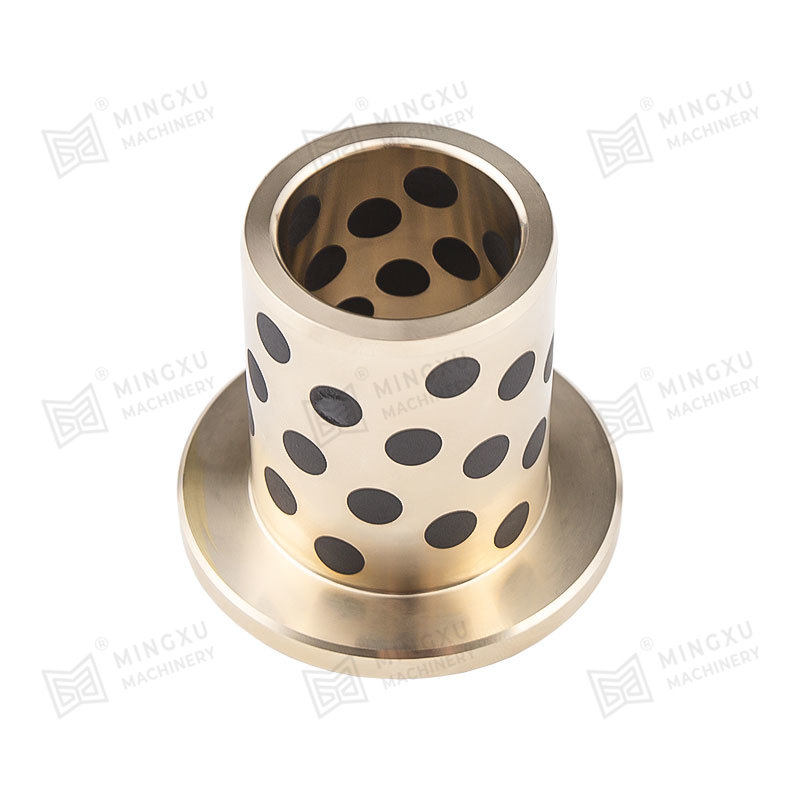
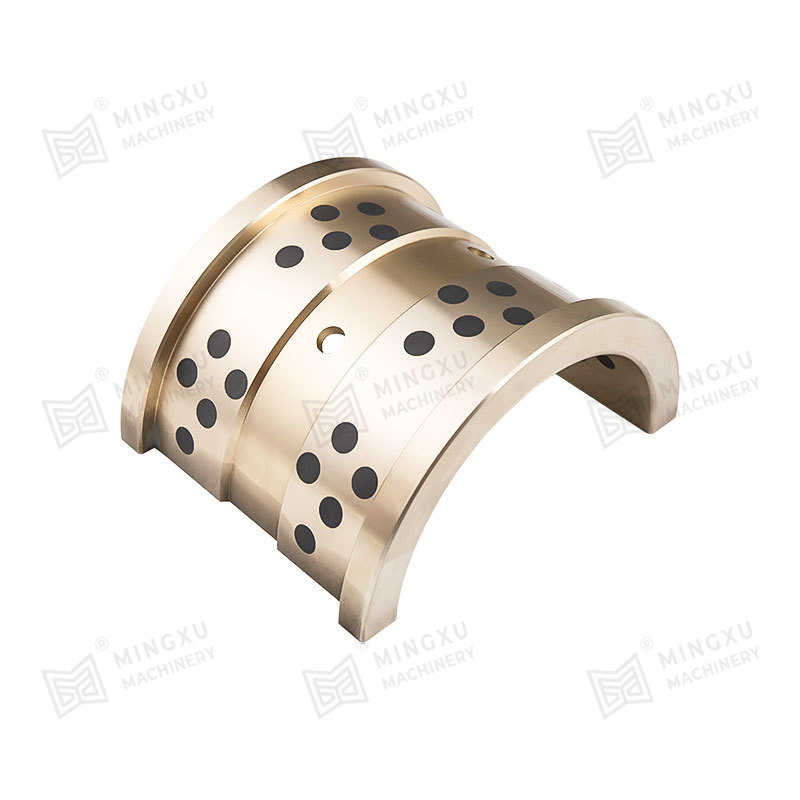
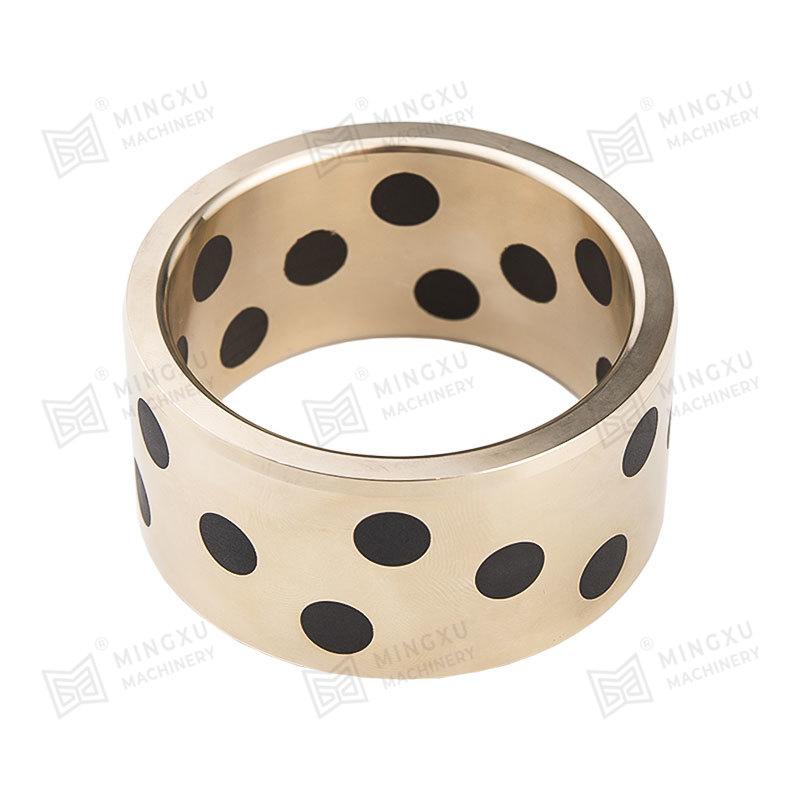
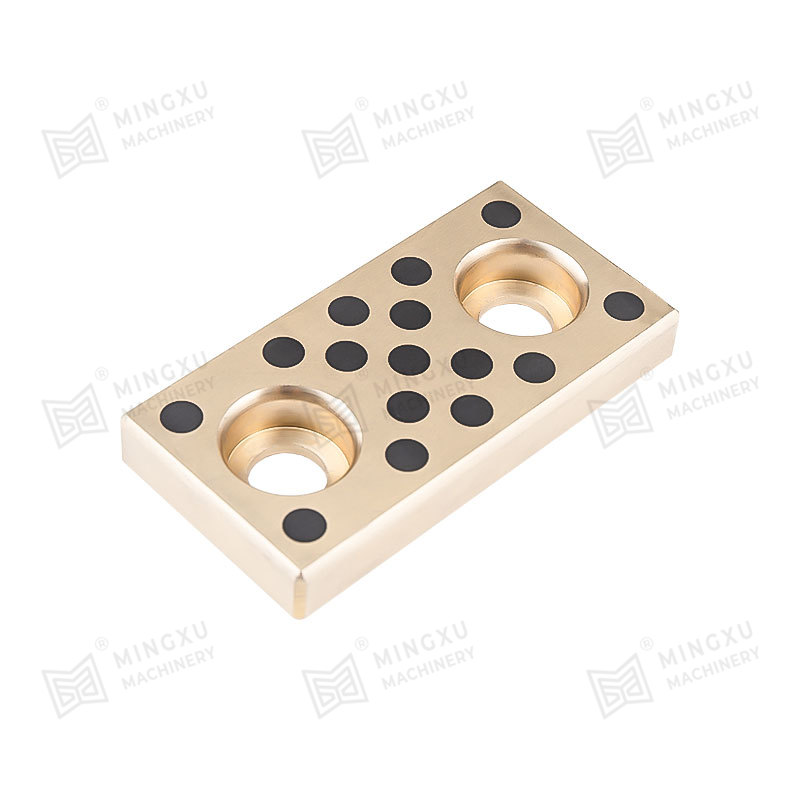
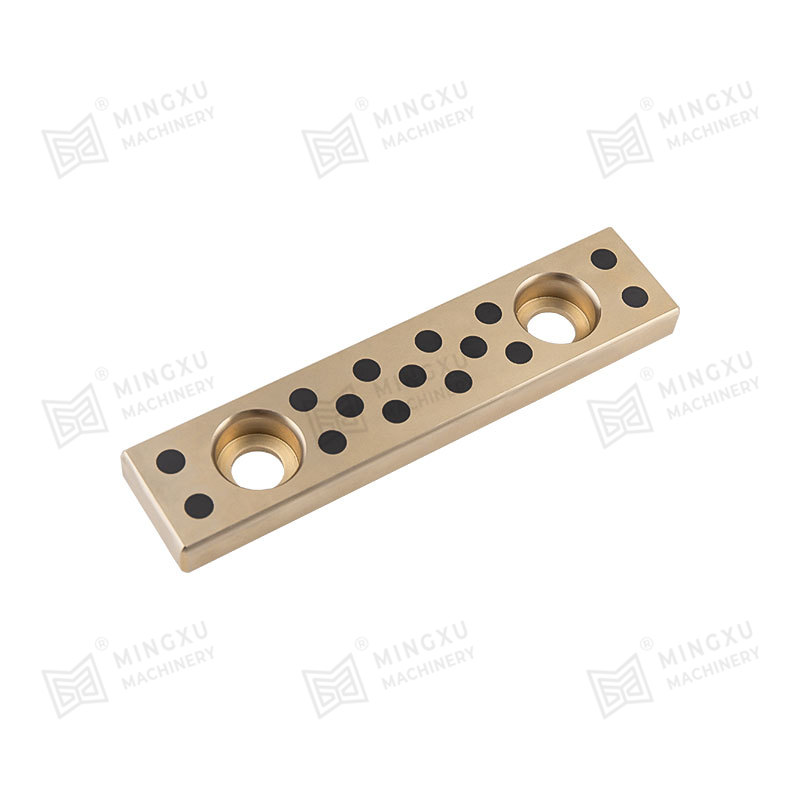
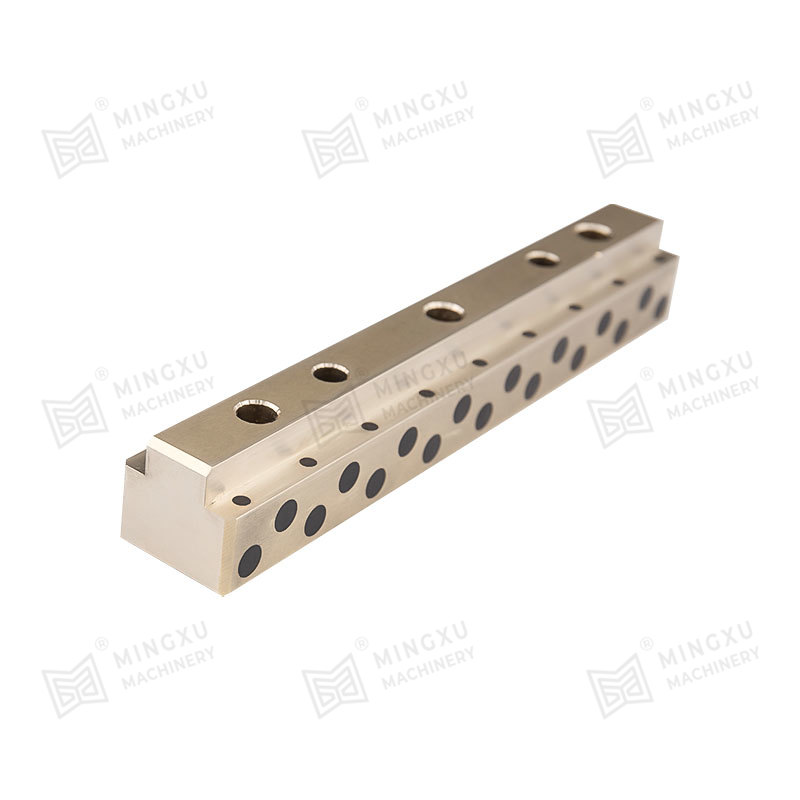
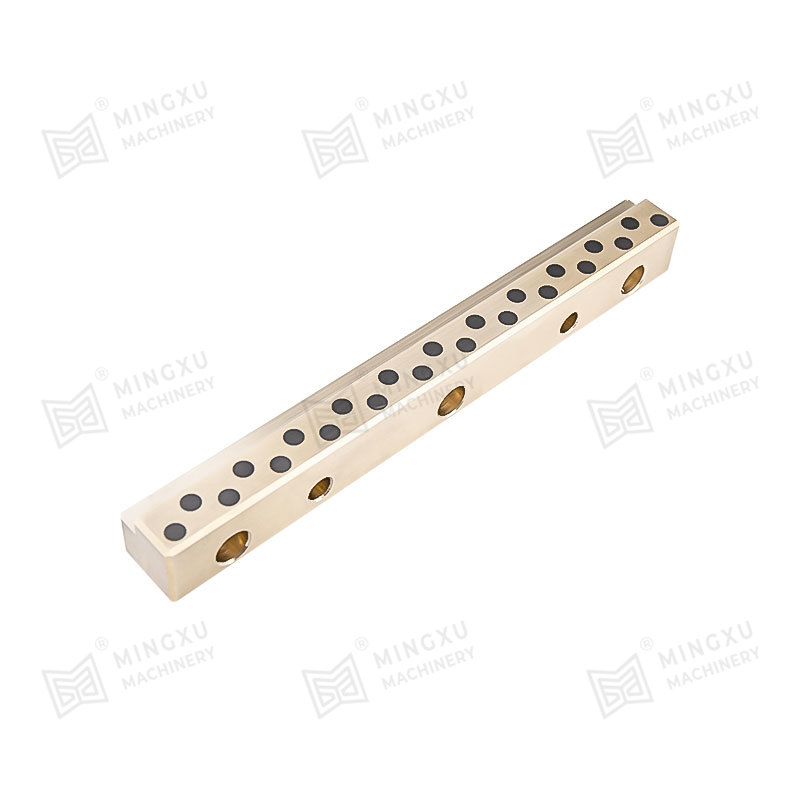
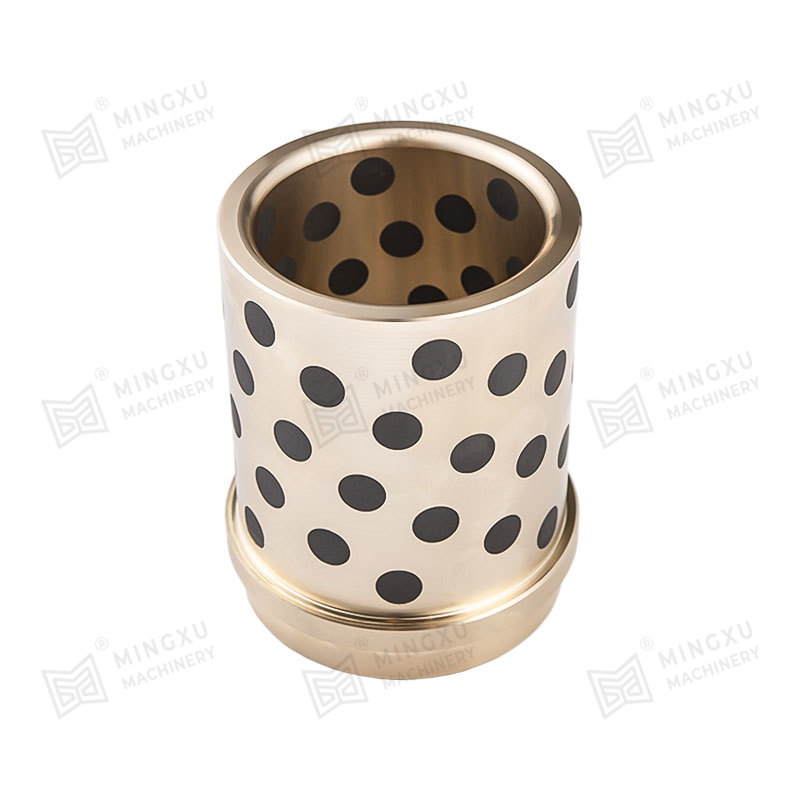
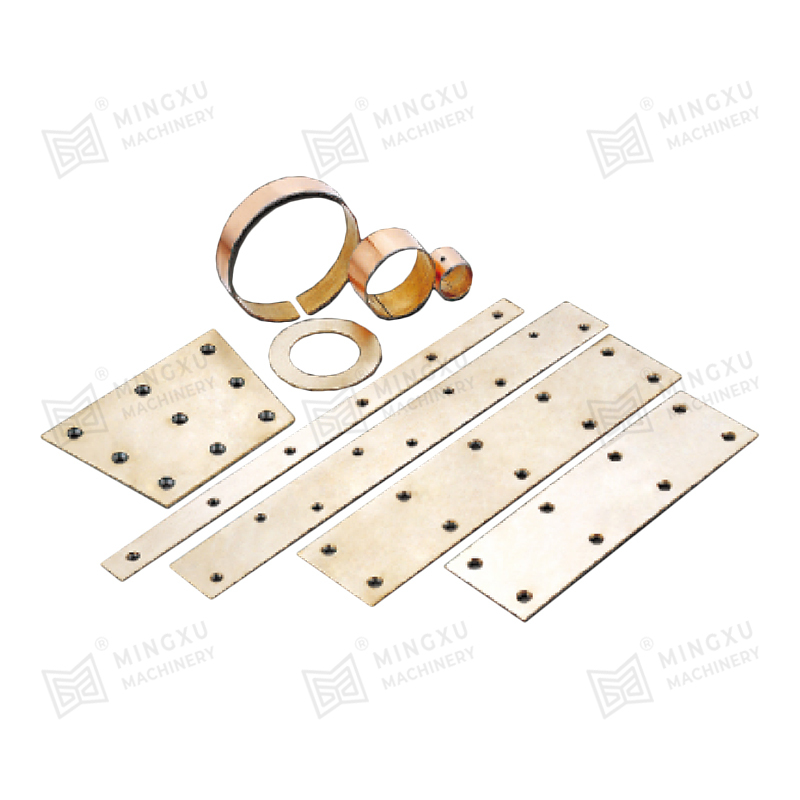
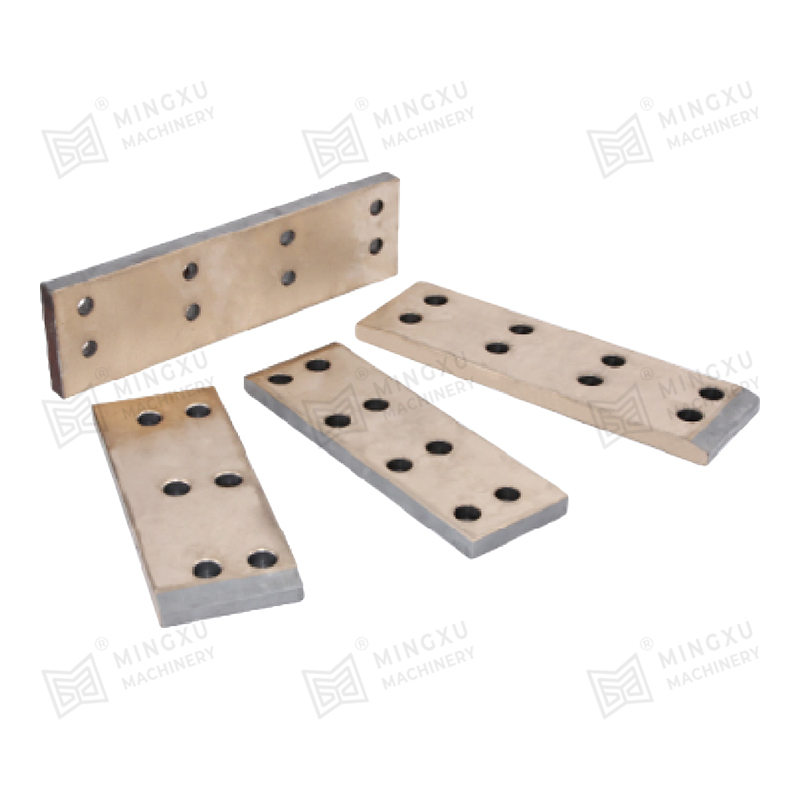







Contact Us